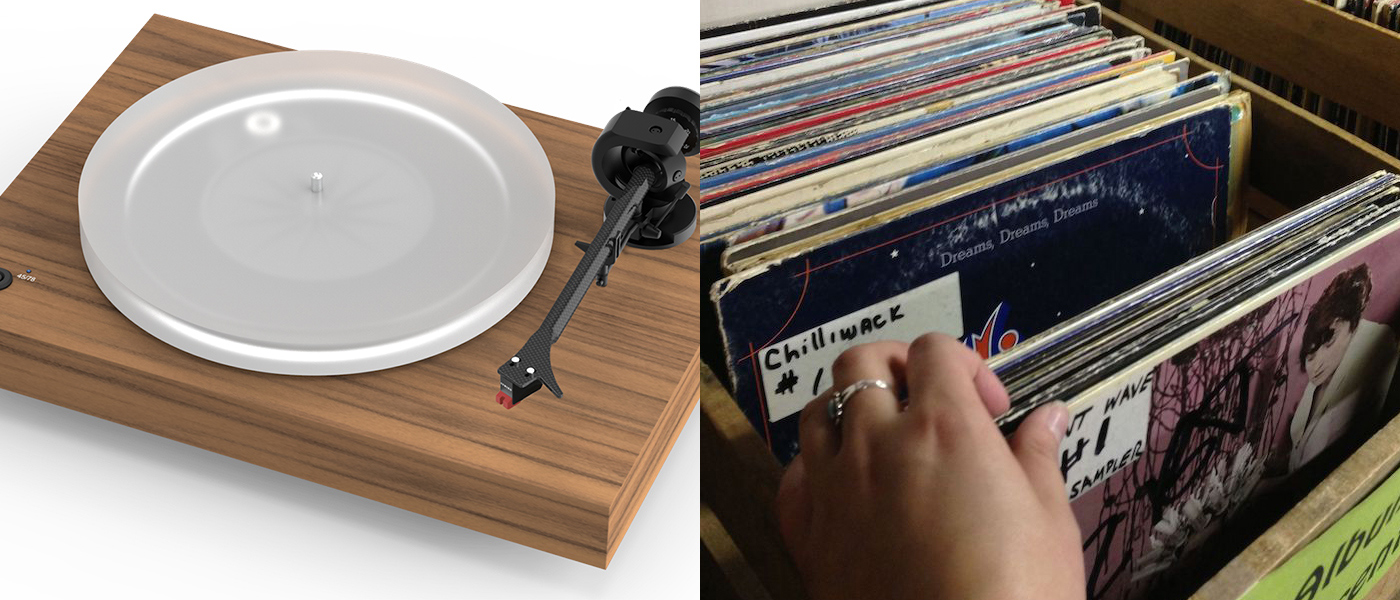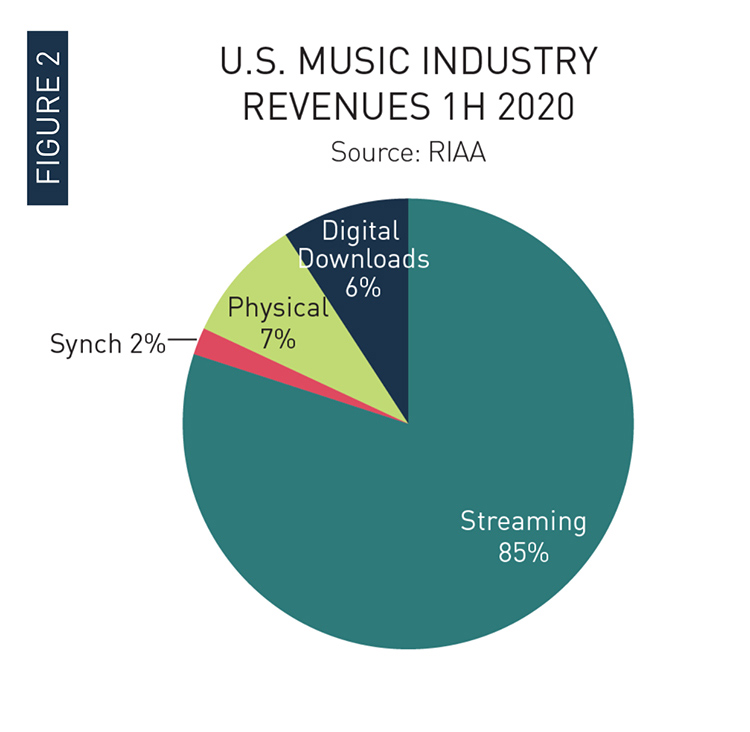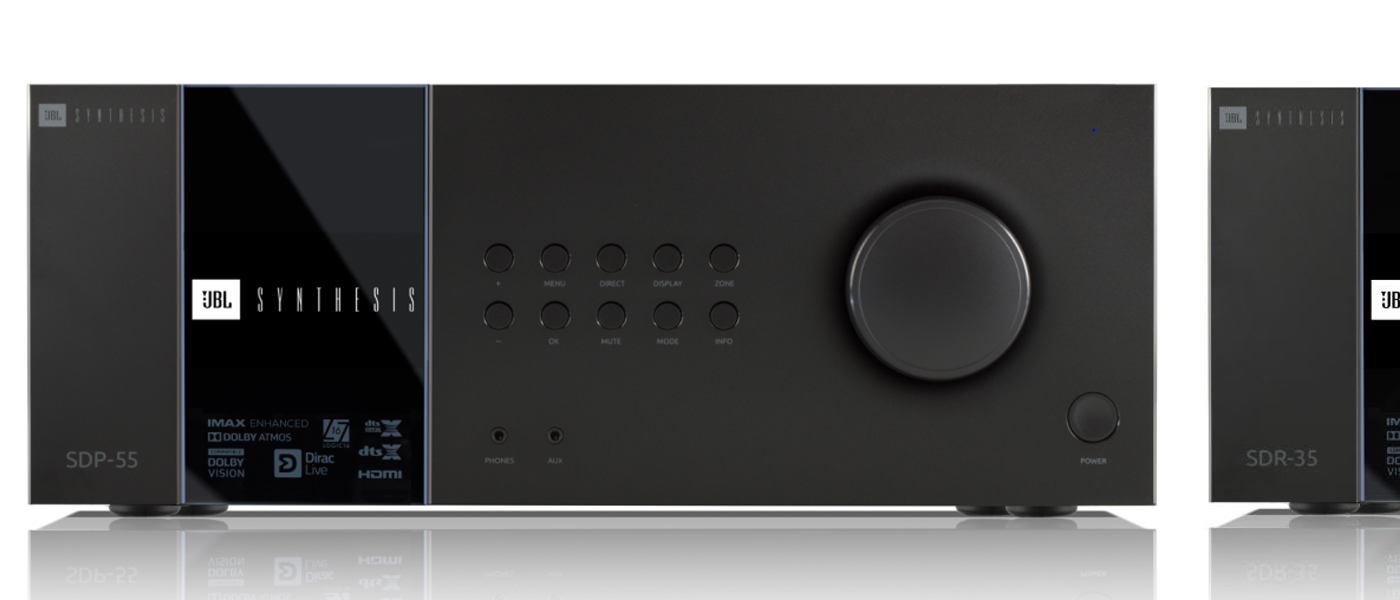
We thought it would be interesting to pose some questions about the news to Jeff Poggi, McIntosh Group CEO who also oversees Sumiko and Pro-Ject, for his take on the announcement.
1. According to the recently released RIAA mid-year 2020 revenue statistics report, revenue from vinyl sales, so far this year, has been greater than revenue from CD sales. At least that is the headline that has been all over the news and social media. What do you attribute this to?
I believe that the reason vinyl sales continue to grow is that consumers are looking for ways to ‘disconnect’ from our fast-paced always-on digital lifestyles. There is a craving for authentic, emotional experiences. There is positive emotional feedback and a sense of nostalgia when you hunt for the album, gently remove it from the cover, place it on the platter, and drop the needle. Then, you sit back with your favorite cocktail and ‘turn off’ the digital world for a full musical experience –it’s magical and something that digital streaming or playing a CD cannot replace.
2. Are there indications that this may be a continuing trend or is it too soon to tell?
Secrets Sponsor
For the past 15 years, we have seen year-over-year growth for vinyl sales with a continuous decline in the sales of CDs — so, it was just a matter of time until we had a cross-over point. I do see vinyl sales continuing to increase at a slow and steady pace. There are many more artists releasing LPs and many classic albums are being re-released and re-mastered which keeps people coming back for more. We know artists are rewarded and compensated more by selling physical media, like LPs, so they have a big incentive for this trend to continue. We are also seeing a huge resurgence with millennial consumers investing in vinyl and this nostalgic musical experience.
SOURCES:
- https://www.riaa.com/wp-content/uploads/2020/09/Mid-Year-2020-RIAA-Revenue-Statistics.pdf
- https://www.statista.com/chart/7699/lp-sales-in-the-united-states/
3. Looking deeper into the numbers, while it seems that CDs still sold more in physical units, vinyl sales brought in more overall revenue. Do you feel this is because a vinyl LP costs more than the same music on CD?
The average sales price of an LP is higher than a CD. I believe this is less to do with the cost of the music, and more to do with the cost of the added value you get when you buy an LP. Artists are packing more art, lyrics, and behind the scenes stories into the LPs. Box sets, re-mastered LPs, and high-quality pressings all drive the ASP higher.
4. When I was young and CDs first emerged, they were roughly twice the price of the comparable LP. Today that situation seems to have reversed. Any thoughts as to why that is?
We are seeing the law of supply vs. demand play out with CDs. When they were new and volume was growing, there was more demand then there was supply, so the price was able to stay high. The technology was new, and the distributors had to cover the cost of ramping up expensive production lines. Now, CDs are in decline and the supply outstrips the demand, leading prices to fall. Plus, the manufacturing capacity has long been paid for, so the incremental cost is very small to produce a CD.
5. Vinyl and CD sales combined still only add up to 4% of overall music revenues. Digital downloads seem to be falling rapidly and Streaming service subscriptions make up the lions share at 85% of total revenues. With that trend in mind, will we potentially reach a point of saturation for sales of turntables, phono cartridges, and related accessories?

No, I don’t think we’ve reached the saturation point for vinyl sales for the simple fact that most people still do not have vinyl playback capability in their homes – leaving a huge untapped market. Plus, the millions of entry-level turntables purchased by millennials and Gen-Z consumers over the past decade present a great opportunity for upgrades. While not all consumers will move from a $199 table to a $999 table to a $9999 table, there are many who will start their journey to high-end sound and become long-term consumers, a great opportunity for the industry.
6. Does vinyl have any hope of becoming a form of mainstream music consumption again or will it be strictly a niche market from now on?
Consumers have spoken loud and clear, they prefer to purchase access to music (streaming) rather than own their content (CDs/LPs/Digital downloads). Thus, from the content sales perspective, LPs will always be a niche. While I may not be a ‘typical’ consumer, I have gone through the same journey myself. I owned LPs and cassettes in the 70s and early 80s. I re-purchased all the same material, and new material, on CD in the 80s/90s. I dabbled with ripping and digital downloads for a while only to be won over by the convenience and breadth of the catalog of material in today’s top streaming services. I now consume 80% of my content as background listening by streaming (Tidal/Qobuz) and use LPs, and an occasional CD, for the moments when I have time to listen as a foreground activity.
7. As an industry insider and lover of audio, what do you see as being so appealing about vinyl to warrant the sales increases?
I love the immersive experience that vinyl offers. The hunt for the perfect LP. Flipping through the art and inserts in the jacket. The attention that needs to be placed on cleaning the record, placing the puck, dropping the needle. It all works together to bring you deeper into the music in a more emotional way, allowing you to feel closer to the artist.
8. My teenage sons are both into vinyl but it’s not so much a sound quality thing to them as it is the appeal of something retro and different when listening to their music. Do you see much of that in your observations?
Retro is cool! Yes, for millennials and Gen-Z who grew up in the digital age, the retro appeal is big. I think there is a strong pull from digital natives to ‘Go off the grid’ from time to time — and, there is nothing like a 30-minute commitment to a LP to help you do this.
9. For those of us who do care about sound, does the remastering of vinyl, based on the original analog tapes of the 1950s–1970s, go through a digital intermediate, or do they maintain an analog path from original tape masters to the vinyl cutting lathe?
The discussion about remastering is a lengthy one with many variables to consider, it is too deep of a topic to address in full. For the abridged answer, you won’t be happy because the quality of the remastering will depend on a few key factors:
- What source was used
- What the original master was targeting
- When the master was done
- And what is the goal of the new digital re-master
For example, an original analog master that was optimized for LPs has the low bass removed and the dynamic range adjusted so the needle doesn’t jump out of the groove. But if that master was made for the CD/Digital era then the lower bass and dynamic range could be maintained, so in this case, the remaster could work well. Most of the original analog tapes of the great 50s-70s recordings are too old to be used to remaster, but the studios have made high resolution digital masters from the original analog tapes. It is these ‘digital masters’ that are often used today for re-issues. Whoever did the re-issue will affect the overall resulting quality.
10. Do you have any predictions as to what we will see in the music industry going forward and how that will affect audio manufacturers?
I have faith that the music industry will continue to reinvent itself and deliver amazing new content to keep new generations passionately engaged. Our love for music will never die– it is part of our DNA. It connects us and moves us — this will never change. Our role as audio manufacturers has always been about preserving the art and we will continue to work tirelessly to fulfill that mission. It doesn’t matter if we produce amps, headphones, or speakers, our job is the same – to deliver high-quality hi-fidelity products so fans can emotionally connect with their favorite artists.
11. I know you have a turntable. What was the last thing you listened to on it?
Secrets Sponsor
On Saturday, I rediscovered Pink Floyd’s “Rare Beauties”. I was sifting through some Motown albums inspired by watching Spike Lee’s Vietnam movie “Da 5 Bloods” Friday night. I pulled out the Commodores “Heroes” only to find the “Rare Beauties” LP inside. I let destiny guide me and sat down an enjoyed an hour with Pink Floyd. As I listened, I was drawn to the memory of when I received this album as gift from a dealer in Hanoi, Vietnam about 5 years ago. Yes, fate is an amazing guide to make this Vietnam connection. That is why I love listening to vinyl, it always takes you on an emotional journey.
Jeff Poggi is the Co-CEO of The McIntosh Group, overseeing the operations of Sonus faber, Sumiko, Fine Sounds UK and the Group’s brand licensing strategy. With previous stints at HARMAN International and the Bose Corporation, Jeff has over 25 years of experience in the audio industry, specializing in luxury and automotive. He began his career as an engineer with BSME, WPI and MSIE and Georgia Tech, and grew into leadership in sales and marketing, earning his MBA from Duke University, before making the transition to general management. Jeff is a self-described avid reader, passionate music fan, frequent flyer, member of Steelers nation, small-town farm boy, and dungeon master.



